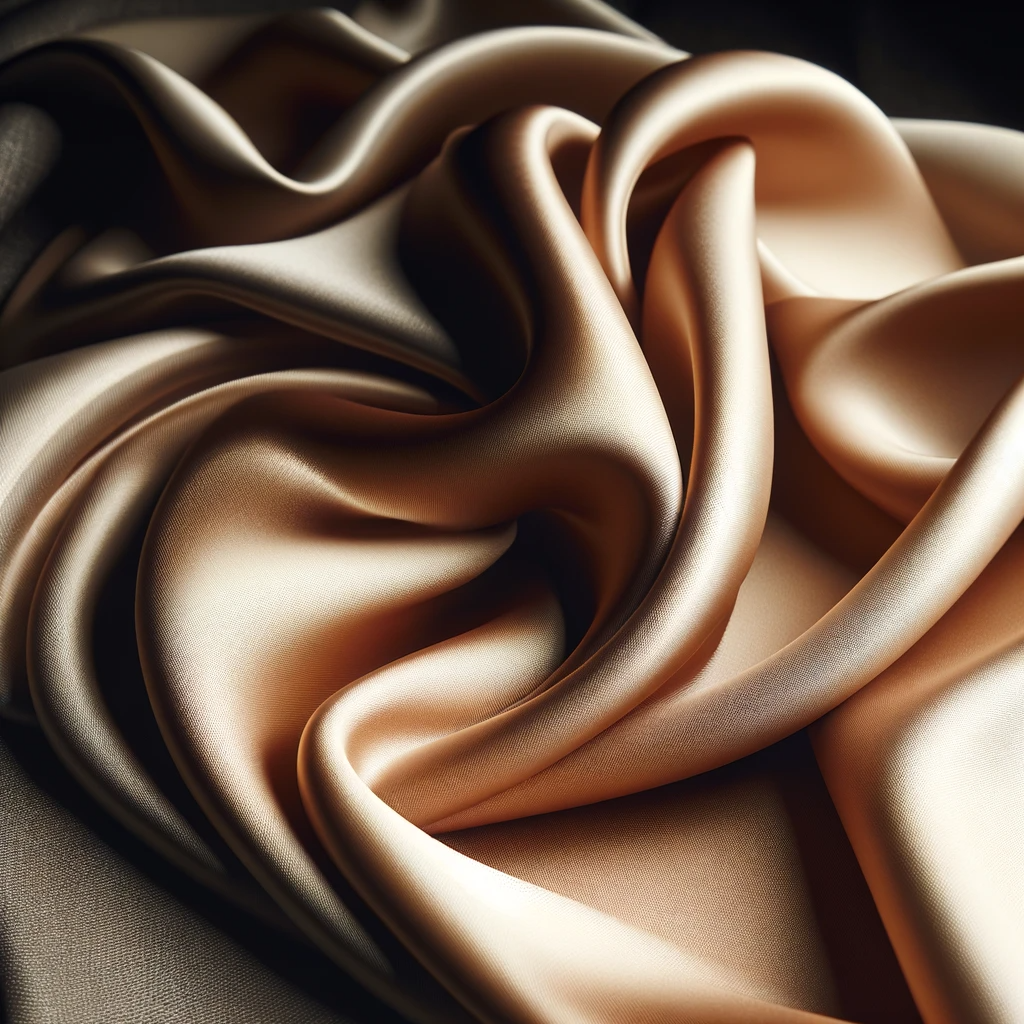Texture
Definition
Texture refers to the feel, appearance, or consistency of a surface or substance.
Parts of Speech
- Noun
Pronunciation
American English
- IPA Pronunciation: /ˈtɛkstʃər/
- Respelling: TEKS-chur (with "TEKS" as in "text" and "chur" as in "church")
British English
- IPA Pronunciation: /ˈtɛkstʃə/
- Respelling: TEKS-chuh (similar to American English, with "TEKS" as in "text" and "chuh" as a softer version of "chur")
In both dialects, "texture" is pronounced with the primary stress on the first syllable, "TEKS." The word begins with "TEKS," followed by "chur" in American English or "chuh" in British English, indicating a slight difference in the pronunciation of the final syllable.
Etymology
The word "texture" has its roots in Latin, derived from the word "textura," which means 'a weaving, web, texture,' from textus, the past participle of texere 'to weave.'
Derivatives
- Textural (adjective)
- Textured (adjective)
- Texturally (adverb)
- Retexture (verb)
- Texturize (verb)
Synonyms
- Feel
- Structure
- Consistency
Antonyms
None
Usage
- The term "texture" is often used in both everyday language and specialized fields like art, music, and food science to describe the tactile and visual qualities of surfaces and materials.
Related Terms
- Grain
- Weave
- Composition
- Surface
- Fabric
Detailed Definition
Noun
- Tactile Quality: The tactile quality of a surface, especially as perceived by the sense of touch.
- Example: The texture of the fabric was soft and silky.
- Visual Appearance: The visual or tactile surface characteristics and appearance of something.
- Example: The texture of the painting is rough, showing the brush strokes.
- Structural Aspect: The way in which parts are arranged or interwoven.
- Example: The texture of the musical composition was complex with multiple layers of sound.
- Intrinsic Nature: An essential or characteristic quality; essence.
- Example: The novel captures the texture of life in a small village.
texture



🇨🇳 Mandarin
- 质地 (zhì dì): feel, quality of a surface
- IPA: /ʈʂʐ̩˥˩ ti˥˩/
- Respelling: zhih di
🇮🇳 Hindi
- बनावट (banāvaṭ): texture, structure
- IPA: /bəˈnaː.vəʈ/
- Respelling: ba-naa-vat
🇪🇸 Spanish
- Textura: texture
- IPA: /teksˈtuɾa/
- Respelling: teks-too-ra
🇫🇷 French
- Texture: texture
- IPA: /tɛk.syʁ/
- Respelling: tek-syur
🇸🇦 Modern Standard Arabic
- نسيج (nasīj): weave, texture
- IPA: /naˈsiːd͡ʒ/
- Respelling: na-seedj
🇧🇩 Bengali
- বনামूল (bônamūl): texture, structure
- IPA: /bɔnaːmul/
- Respelling: bo-na-mool
🇷🇺 Russian
- Текстура (Tekstura): texture
- IPA: /tʲɪkˈsturə/
- Respelling: teks-too-ra
🇵🇹 Portuguese
- Textura: texture
- IPA: /teʃˈtuɾa/
- Respelling: tesh-too-ra
🇮🇩 Indonesian
- Tekstur: texture
- IPA: /ˈtɛk.stur/
- Respelling: tek-stur
🇩🇪 German
- Textur: texture
- IPA: /ˈtɛkstʊʁ/
- Respelling: tek-stur
🇯🇵 Japanese
- 質感 (shitsukan): texture, feel
- IPA: /ɕiʦɯ̟ᵝka̠ɴ/
- Respelling: shi-tsukan
🇻🇳 Vietnamese
- Kết cấu: structure, texture
- IPA: /ket kaw˧˧/
- Respelling: ket kau
🇰🇷 Korean
- 질감 (jilgam): texture, feel
- IPA: /d͡ʑil.ɡam/
- Respelling: jil-gam
🇹🇷 Turkish
- Dokusu: its texture
- IPA: /doˈkuːsu/
- Respelling: do-koo-su
🇵🇰 Urdu
- بناوٹ (banaavat): texture, structure
- IPA: /bəˈnɑː.vət̪/
- Respelling: ba-naa-vat





